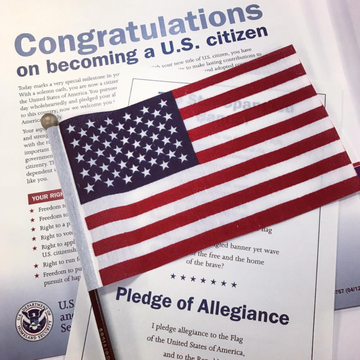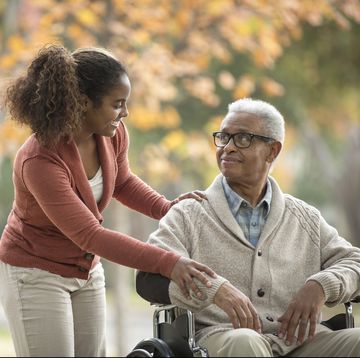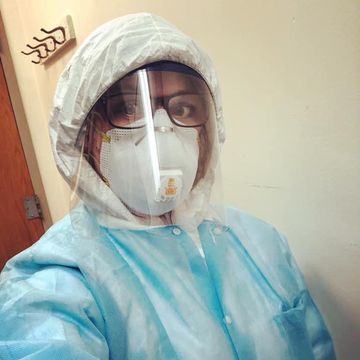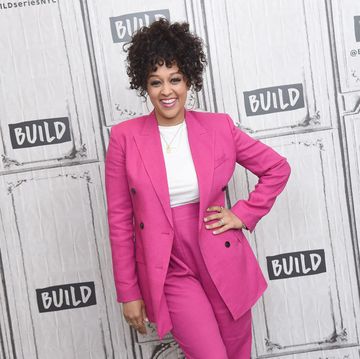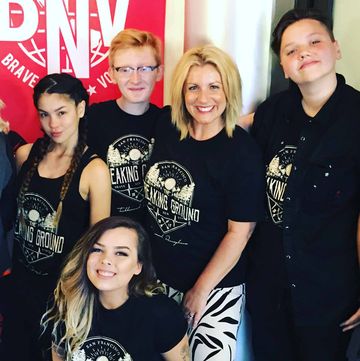How These 5 Trailblazing Women Are Shaking Up the Tech World
Take a look on how these innovators are representing the STEM fields.
The Ultimate Caregiver: Phaedra Ellis-Lamkins, 41
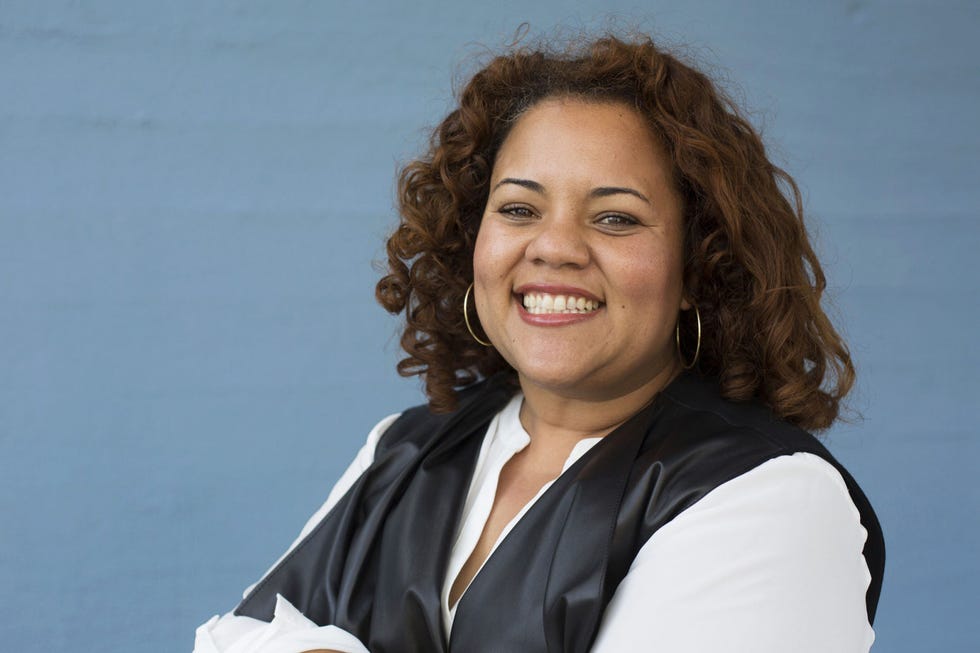
Her Innovation: Making home care easier with technology.
When I was growing up, my grandmother Vera's eyes would light up when I came into the room. We had a special relationship. Now, at 88, she has dementia and barely recognizes me. She doesn't want me to take her to the bathroom or to remind her to exercise. But I'm determined to help her age with dignity and grace in her home for as long as she can.
Since 2015, I've been an executive at Honor, a technology company that uses a website and an app to pair professional caregivers with loved ones who need a hand. With my partner, Christian, I'm also raising our daughter and my three nieces in Solano County, CA. I love that a lot of people rely on me.
When we're vetting caregivers at Honor, I think about my grandmother and my mother, who will soon need care herself. I want to make sure we are offering all our clients, including my grandmother, a service that's affordable, with people who are reliable, diverse, and skilled.
On Sundays, Favor, my grandmother's most-loved Honor care professional (we call them Care Pros)comes over to braid her hair and get her dressed for church. I can't be there 24/7, but that's OK, because she loves the time she spends with Favor. That's the best gift I can give her and the best gift I can give myself. Caregiving can take an emotional and physical toll on a family. At Honor, we're trying to create something that makes it easier for women to be moms, daughters, and sisters all at once. That's why this company was built.
What sets Honor apart from other caregiving services is that we're equally focused on treating the Care Pros well. We pay higher-than-average rates and designate them as employees rather than as contractors so they can get health benefits and sick leave. Most of our Care Pros are women, and a lot of them are single mothers. The technology behind our app allows Care Pros to set parameters based on when, where, and how much they want to work so they can control their schedules. That allows them to, say, get to a child's soccer game.
The company also allows for what we call continuity of care. Each Care Pro notes in the caregivers' app how the client is feeling or what should happen on the following shift. That way, the next Care Pro isn't walking into the house blind, and the client's family can stay up to date on their loved one's health.
When I was assembling my team at Honor, I wanted to create opportunities for people who looked like me—women and people of color. I'm proud to say that there are single moms and other women without traditional educational training who lead teams here. The makeup of this company proves that people with diverse backgrounds can be part of a successful tech company. This has to be a model for the future. I'm confident it will happen. As told to Melody Warnick
The Search Engine Samaritan: Malika Saada Saar, 47
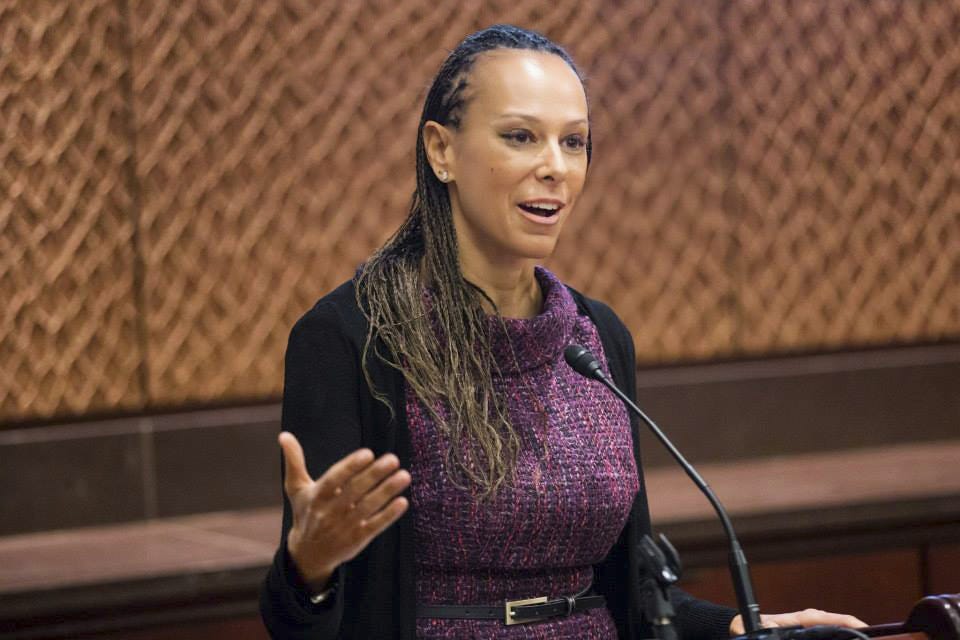
Her innovation: Using Google's power to protect the vulnerable.
Malika Saada Saar is no stranger to advocating for women and girls. In 2001, as the cofounder of the Rebecca Project for Human Rights, a nonprofit organization, Malika persuaded the founder of the website Craigslist to remove online ads for people who were being trafficked for sex. A few years later, while working as executive director of Rights4Girls, she partnered with Google on #NoSuchThing, a social media campaign that aimed to change the way people talked about the sexual exploitation of children.
The tech giant was so impressed with her work that it offered her a full-time position, and in 2015, Malika became the senior counsel in civil and human rights for the company. She spends much of her time using Google's resources to unravel horrific problems like child trafficking (most sex trafficking transactions are made online). Malika works with programmers to ensure that Google Search isn't running ads for so-called mail-order brides, which are often a cover for human trafficking.
All of this is heartrending work, but Malika manages to keep the faith. "My commitment to justice always outweighs the sadness," she says.
The Face of Progress: Karlie Kloss, 25

Her innovation: Supporting next-gen tech gurus.
The push to get more girls interested in math, science, and computer programming has a new champion: supermodel Karlie Kloss. In 2014, the St. Louis native enrolled in coding classes at the Flatiron School in New York City. "Learning to code brings me back to the excitement I felt as a kid in biology class," she has said.
The next year, she created the Kode With Klossy scholarship to provide 21 promising girls ages 13 to 18 admission to computer programming classes. Now her free two-week coding camps have expanded to 10 cities across the country, serving nearly 300 kids a year. By the course's end, the girls have built their own web apps. Last fall, a group of Kode With Klossy alumnae beat more than 150 other teams to win an international computer programming competition.
"My focus is to encourage more girls to get excited about coding and to realize that with that skill set, you can essentially build anything you want," Karlie has noted.
The Water Warrior: Deepika Kurup, 19
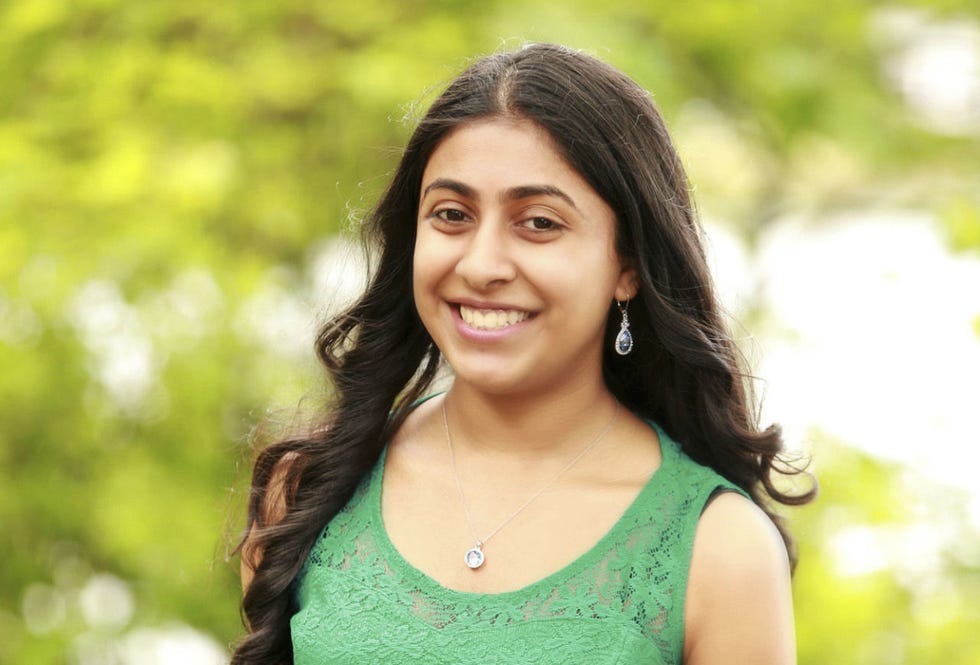
Her innovation: Shining a light on global pollution.
Harvard University junior Deepika Kurup has never let her youth stop her from pursuing big dreams. In 2012, during a family trip to India, Deepika was disturbed to see kids drinking dirty water from a public well. At home in Nashua, NH, the then–eighth grader began to research the issue. She discovered that a lack of access to clean water kills nearly a million people globally each year. The problem lies with the water source—often a polluted local river or lake—and with the lack of an adequate filtration system.
Currently, some developing countries rely on a time-consuming method that uses sunlight to kill harmful bacteria and organisms in water—two liters of water can take up to two days to fully purify. With advice from scientist mentors, including her father (who is an engineering professor at University of Massachusetts Lowell), Deepika began experimenting with ways to speed up this process using a makeshift chemistry lab she set up on a folding table in her garage. After months of trial and error, she discovered that a mixture of titanium dioxide and cement, when placed into clear water bottles and exposed to sunlight, could purify water in just 15 minutes. "It's very inexpensive, because the materials can be reused and the process requires only solar energy," she says. Her clean-water project won the 2012 Discovery Education 3M Young Scientist Challenge and the 2015 National Geographic Explorer Award at the Google Science Fair.
Now one year away from college graduation with a minor in global health and health policy, Deepika has been working with her mentors to create prototypes of her filtration system. But her goal is bigger than a single piece of equipment. "Technology can help," she says, "but to make the biggest change, I have to think about the underlying issues too."
The Safety Investor: Margot Hirsch, 57
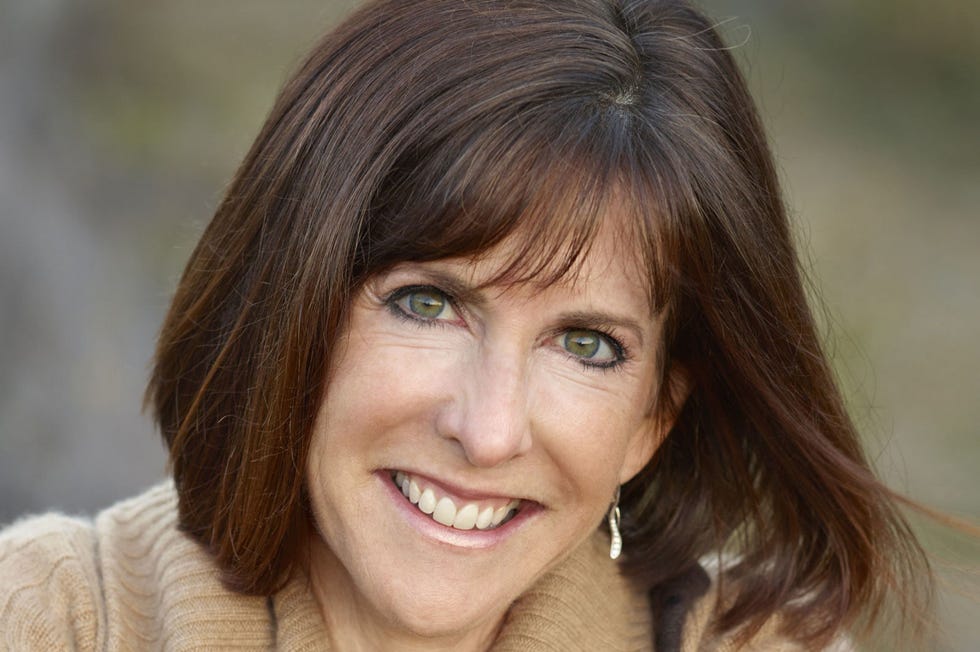
Eighty-two percent of teenagers who commit suicide use a family member's gun. But Margot Hirsch, president of Smart Tech Challenges Foundation, believes smart gun technology could make those tragedies a thing of the past.
"It's shocking that we haven't used new technologies to make firearms safer," says Margot, who grew up in El Paso, TX.
Four years ago, Margot and her Smart Tech team began offering grants to inventors working on technology to reduce gun deaths. One recipient of the award developed a way to embed a fingerprint scanner into the handle of a gun so that only authorized users could operate the firearm. Others have created rings and watches that wirelessly lock or unlock a gun.
Opponents of these innovations say they might lead to dangerous gun failure or limitations on Second Amendment rights. But a recent survey reports that support for the products is growing. Margot hopes that with investors' help, these new technologies will be available for sale soon. "We can make guns safer and save lives," she says.
Watch Next

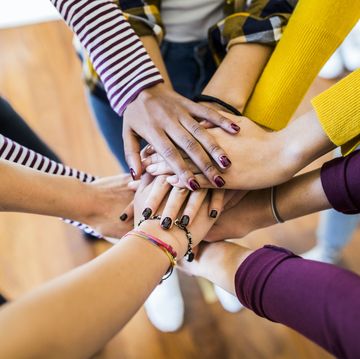
30 Women-Owned Businesses to Support
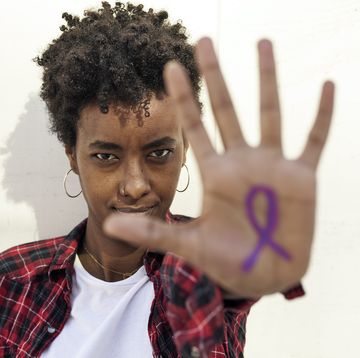
6 Virtual International Women's Day Events
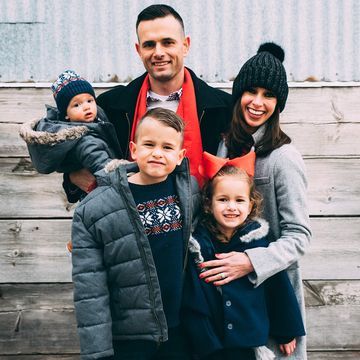
How I Learned to Embrace My Jewish Roots
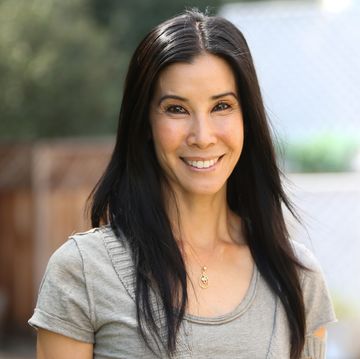
Lisa Ling Wants You to Trust Science


